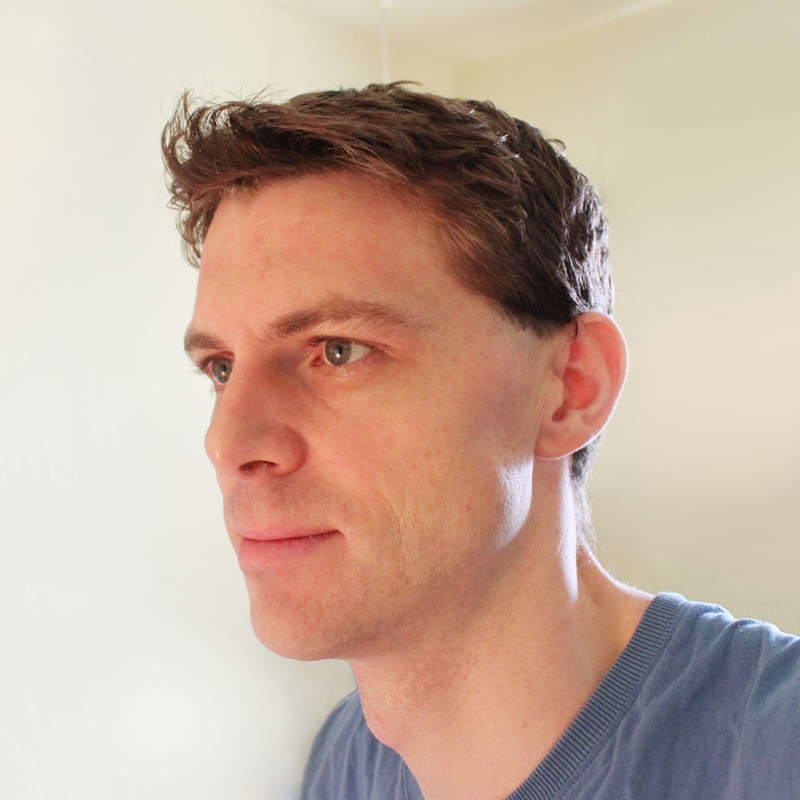Five career tips from APM’s Young Project Professional of the Year

Kathryn Williamson Hall took the glory of the 2023 APM Young Project Professional of the Year Award for her work for the UK arm of Leonardo, the European defence giant, which manufactured and installed a brand‑new radar system into the nose cone of the Eurofighter Typhoon aircraft for delivery to the Qatar Emiri Air Force in time for the FIFA World Cup, hosted by Qatar in November 2022.
The result of Williamson Hall’s efforts? The Eurofighters were delivered with time to spare.
Williamson Hall managed the team in Edinburgh which assembled the radar, as well as handling communication with other Eurofighter Typhoon teams inside Leonardo UK. She also worked with consortium partners in Spain, Germany and Italy to ensure production was happening in lock step.
How did she learn to control so many teams within a year of joining Leonardo UK?
“As a non‑technical person, it can be challenging,” says Williamson Hall. “I’m always open. I don’t pretend to be an engineer. I take the view that it’s important for me to gain as much of an understanding of how a radar works as possible, and how they are built, without getting into the weeds of it.”
Here, she gives her top tips to young project professionals:
1. No such thing as a silly question
If you don’t understand something, ask. And if you still don’t understand, ask again. I am shameless. I entered an industry which I hadn’t worked in before, alongside engineers with a specialist vocabulary and lots of acronyms. I needed to learn fast. So I asked whatever I needed to know.
There’s an embarrassment factor. But so long as you ask for the right reason and have done the obvious things such as use a search engine or look at the company library, then no one will look down on you. I guarantee there will be others in the room who are grateful you’ve asked the question!
2. Book regular meetings with peers
I thought everyone did this, but apparently not. I have regular catch-ups, which are diarised, with everyone in my team. I book time, normally once a month, with my direct reports and everyone else at the same level as me in a function. It may seem pushy, especially if the person is senior. But no one has ever refused me. You can meet in person or online. When people ask how I got up the knowledge curve so fast, these regular conversations with colleagues are a big reason.
3. Always have a mentor
I’ve always had mentors. They’ve been so important to me. I have had formal mentors through a mentorship programme and informal mentors through just talking to people. My advice is to be open. It’s only by being open that you get something useful out of the relationship.
You can have more than one mentor. At Leonardo internally our financial director is a mentor. This gives me a great insight into how our business works. I have a former boss, who gave me this programme role, whom I stay in touch with. And I have just got involved with the Women in Defence mentoring programme, which puts the private sector in touch with the Ministry of Defence and civil service.
4. Know your processes
Project management is a technical discipline, so you need to know your processes. These can be abstract theoretical concepts, which you can bring to bear in your organisation. There are also internal processes you need to grasp. When you understand processes you can work without being controlled by them.
Processes are guidelines. They offer boundaries. But there is flexibility to work innovatively within them. There will be times when, if you have a good reason, you can challenge and improve processes. Processes should not be a tick‑box exercise. If, at any point, they stop serving their purpose then you are entitled to question them. A good project manager knows their processes and also how to work with them.
5. Trust your safety net
Fast promotions are nerve‑racking. At 21 years old, I worked at Interpol and was one of the youngest in my organisation. Here at Leonardo I took on a big role in an industry I was new to. Moments like this can feel daunting. But the truth is: you have a safety net.
Your colleagues are there to support you. It’s incredibly rare to be in a situation where there isn’t a support mechanism for you to turn to when you need it. And if there isn’t that support, you can ask for it. I’ve been able to progress fast in my career because I’m willing to take on new challenges and new projects, knowing I’ll have supportive colleagues who will be there when I need them. This mindset means you can say yes to whatever comes your way.


0 comments
Log in to post a comment, or create an account if you don't have one already.